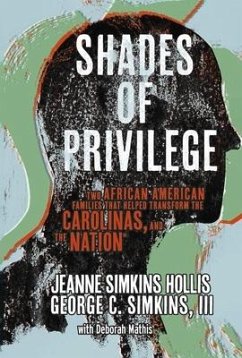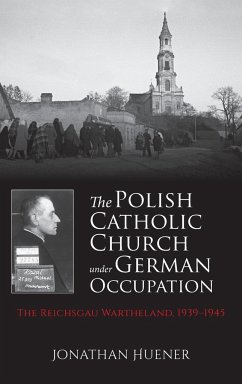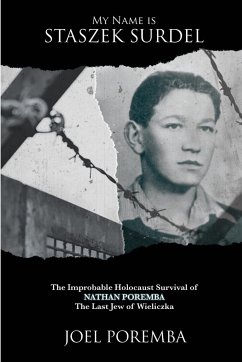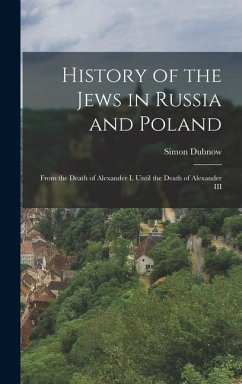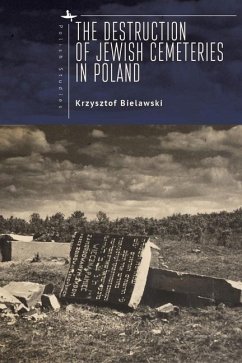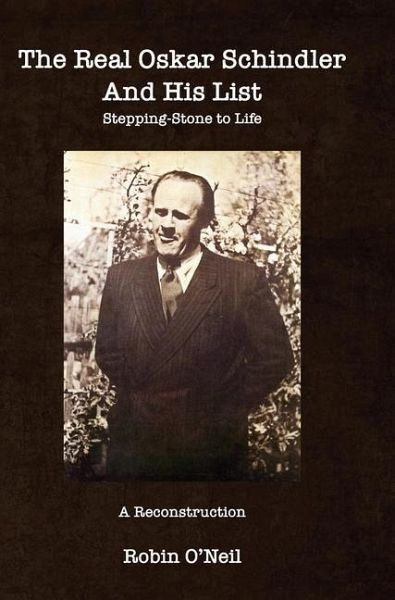
The Real Oskar Schindler and His List - Hard Cover
Stepping-Stone to Life
Versandkostenfrei!
Versandfertig in über 4 Wochen
39,99 €
inkl. MwSt.

PAYBACK Punkte
20 °P sammeln!
Oskar Schindler was a naive optimist, a chronic alcoholic, a lover of women outside his marriage to Emily Pelzl. The Jews he saved used to say, "Thank God he was more faithful to us than to his wife." Will the enigma ever be solved? Schindler is not here to tell us, and the survivors are uncertain and differ in their opinions. The establishment and Schindler's business associates in Krakow had opposing views of his ethics and would have preferred to sit on the fence and hope the Schindler story would retreat into the archives. Schindler's friends and enemies accept that he was a very unusual m...
Oskar Schindler was a naive optimist, a chronic alcoholic, a lover of women outside his marriage to Emily Pelzl. The Jews he saved used to say, "Thank God he was more faithful to us than to his wife." Will the enigma ever be solved? Schindler is not here to tell us, and the survivors are uncertain and differ in their opinions. The establishment and Schindler's business associates in Krakow had opposing views of his ethics and would have preferred to sit on the fence and hope the Schindler story would retreat into the archives. Schindler's friends and enemies accept that he was a very unusual man. A few of the Jews that he saved maintain, after all these years, that they still consider him a Nazi and exploiter of Jewish slave labor. Others swear their love for the man. That he used Jewish slave labor to enrich himself is not questioned, nor are his endeavors to eventually save his Jewish laborers. The author forensically re-examines the life and times of Oskar Schindler with surprising results.My introduction to the investigation of the Schindler story began in November 1987, with my arrest by guards at 4, Lipowa Street (Krakowskie Zaklady Elektroniczne 'TELEPOD'), Krakow, the former factory premises (Emalia) of Oskar Schindler. I had left the UK at 7am, and by 10pm, I was locked-up in Polish jail. This was the cold war period during which foreigners travelling in Eastern Europe were eyed with suspicion. Entering Lipowa Street, Krakow, I was about to take a photograph of Schindler's factory (now the Warsaw Pact communications establishment) but had failed to notice the signs forbidding photography. Surrounded by guards I was taken first to the central police station in Krakow and then to the headquarters of the SIB (Special Investigation Branch) and interrogated for several hours. It was somewhat comical, as, despite all their efforts, they failed to find an interpreter. I had decided not to reveal my knowledge of the Russin language and just sat in the corner smoking my pipe and reading Tom Kenealley's novel Schindler's Ark. Eventually common sense prevailed: having examined my camera and film and failing at any point to communicate with me, they kicked me out of the front door. Early in 2008, while escorting a group of Catholic Nuns (from Notting Hill, UK) to Schindler's haunts in Krakow, I met the guard named Mietek, who had arrested me in 1987. Long retired, he was now a security officer at 4, Lipowa Street: housing The Schindler Museum




